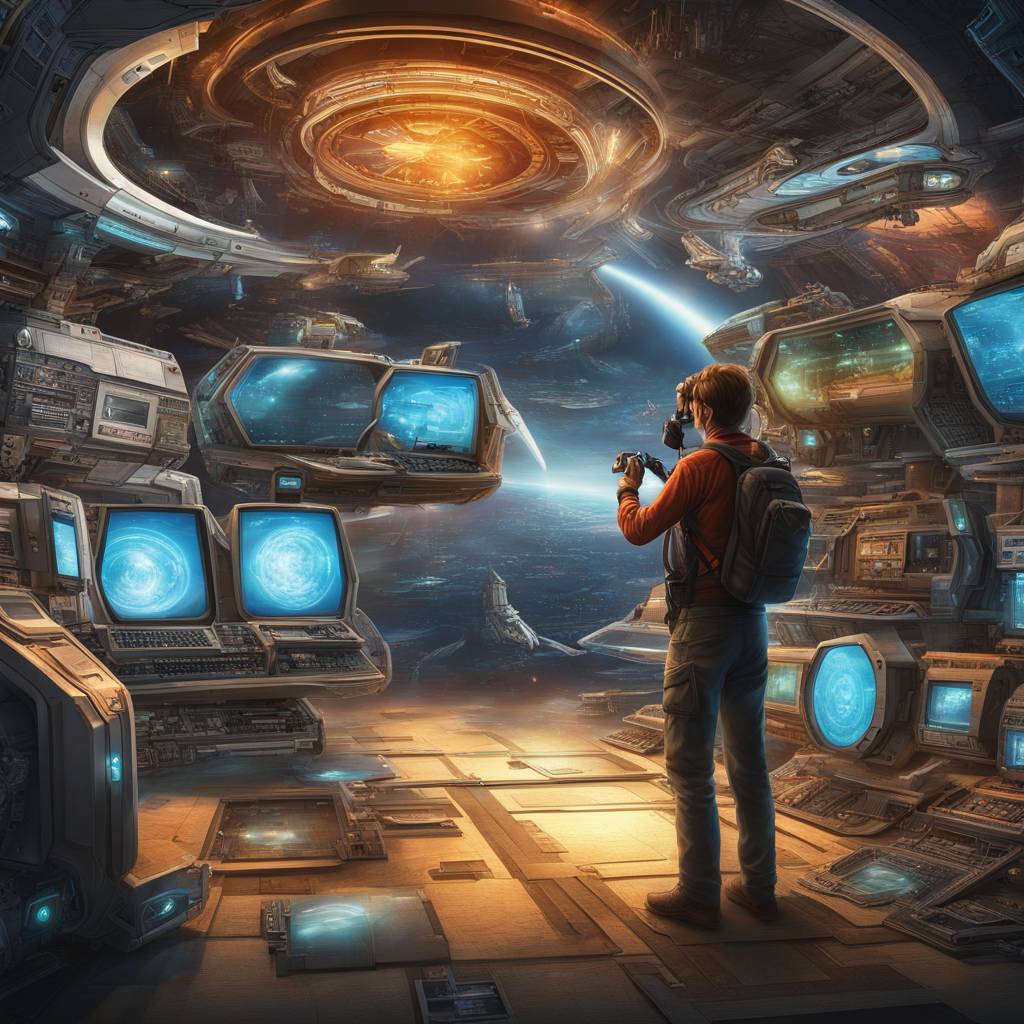The world is on the brink of an environmental tipping point, with our current decisions regarding energy, resources, and the environment having a significant impact on the future. However, most sustainable thought is limited to the viewpoint of current generations. A study published in Technological Forecasting and Social Change by researchers from Osaka University explores the concept of adopting the perspective of “imaginary future generations” (IFGs) to gain insights into long-term social and technological trends.
The researchers conducted four workshops at Osaka University with participants from the Graduate School of Engineering to discuss the state of future society and manufacturing, focusing on hydrothermally produced porous glass as a case study. This technology has both benefits and challenges, as it is useful for filtering impurities and insulating buildings, but requires a significant amount of energy to produce. The workshops asked participants to imagine how this technology might be adopted in the future and to assess its future potentiality based on the perspective of IFGs.
The participants first looked at societal and manufacturing issues from the standpoint of the present, then shifted to imagining themselves in the year 2040. The future they envisioned was drastically different from what the current generation sees, with sustainability becoming a central concern for society, and advances in renewable energy making resources abundant. In this imagined future, hydrothermally produced porous glass emerged as a sustainable way to recycle glass, with readily available energy sources to support its production.
The participants were surveyed between workshops to rank indicators related to the future potential of the technology. Interestingly, these rankings changed after the workshops where participants were asked to adopt the perspective of IFGs. This shift in perspective led to different perceptions of the feasibility of the technology and changes in adoption scenarios. The study demonstrates that imagining ourselves in the position of future generations can offer new insights into sustainability and technology issues, prompting us to reconsider priorities and set new directions for research and development.
Overall, the study highlights the importance of long-term thinking and considering the impact of our current decisions on future generations. By adopting the perspective of IFGs, we can gain fresh insights into sustainable practices and technologies, leading to innovative solutions for environmental challenges. This approach encourages us to rethink our priorities, reconsider our actions, and pave the way for a more sustainable future for generations to come. Ultimately, by taking into account the needs and perspectives of imaginary future generations, we can work towards building a more resilient and environmentally responsible society.













